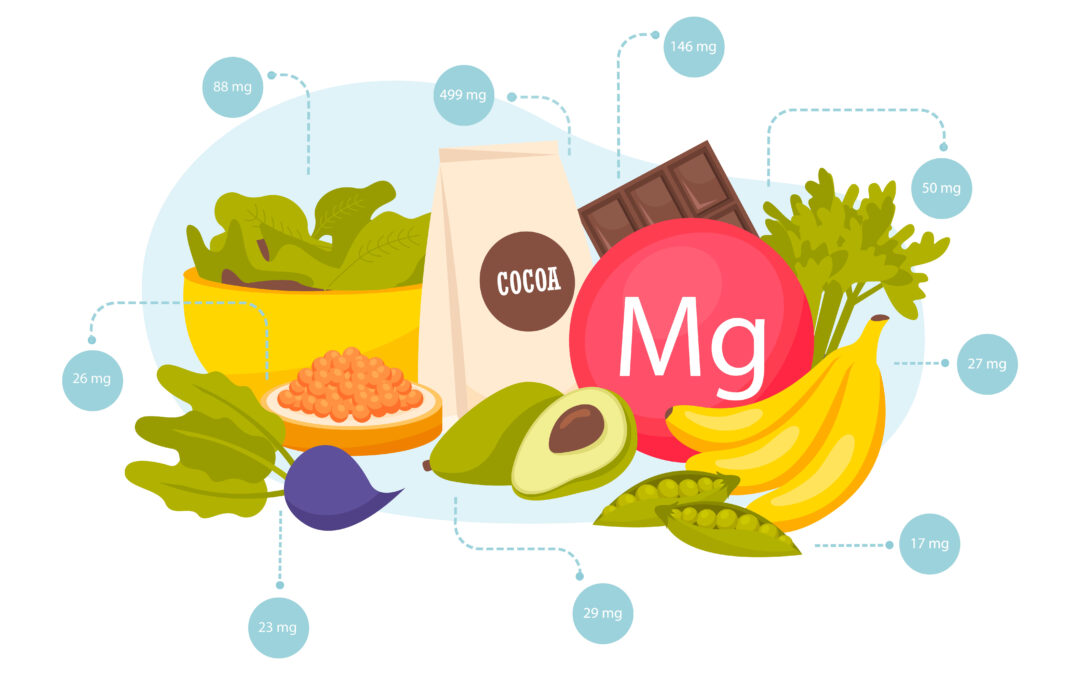If you’re like most of us, when you think of a healthy diet you think of protein, calcium, vitamins—all the things your mom told you needed to grow up healthy and strong. She was right, of course, but one essential mineral is missing from that list: magnesium.
Magnesium isn’t on most people’s radar as a cornerstone of wellness, and yet it plays an essential role in regulating a wide variety of bodily functions, including the formation of DNA, bone mass, nerve and muscle function, and even psychological well-being. Specifically, low levels of magnesium have been linked to the development of depression, so—if you’re a person who struggles with mental health—you’ll want to keep reading…
The Connection Between Magnesium and Depression
Magnesium regulates the actions of N-methyl-D-aspartate (NMDA) glutamate receptors. Glutamate is an excitatory neurotransmitter that, when produced in excess, can lead to cellular consequences linked to seizures, stroke, Parkinson’s disease, multiple sclerosis, Alzheimer’s disease, and amyotrophic lateral sclerosis (ALS). In addition, a large body of research connects unregulated glutamate activity to the onset of depression and anxiety.
If your body is magnesium deficient, fewer NMDA receptors are blocked, opening the door to mental and physical health consequences. Getting enough magnesium is not easy: refined flour retains less than 16% of the magnesium in its whole grain equivalent, and magnesium has been removed from most drinking water supplies. It should come as no surprise, then, that magnesium deficiency is on the rise, and with it, depression, anxiety, and numerous other health consequences.
Magnesium supplements are easily accessible, and case histories indicate that the adverse effects of a magnesium deficiency can be reversed in less than 7 days. Nonetheless, incorporating this essential mineral in your diet is not a silver bullet cure for physical health and depression.
Nearly one-third of people who suffer from depression fail to find relief from traditional interventions. Those in this position have what is referred to as treatment-resistant depression (TRD) and are at greater risk of self-harm and suicide. Fortunately, breakthrough treatments— including ketamine infusion therapy—are delivering new hope. Unlike traditional antidepressants that promote serotonin production in the brain, ketamine works on the glutamate system—just like magnesium!
Ketamine works in collaboration with your existing treatment regimen to provide rapid and lasting relief from TRD. A growing body of research affirms its efficacy, and thousands of patients across the country have reported life-changing success.
Contact Vitalitas Denver
To learn more about ketamine and find out of you or a loved one is a candidate, do not hesitate to contact Vitalitas Denver. Our ketamine clinics are staffed by a qualified team of highly-experienced medical professionals. We have administered tens of thousands of ketamine infusions over the years, and have emerged as one of the country’s most trusted ketamine clinics. Complete the brief form below to contact our ketamine clinic and discover if you or a loved one is a candidate.


